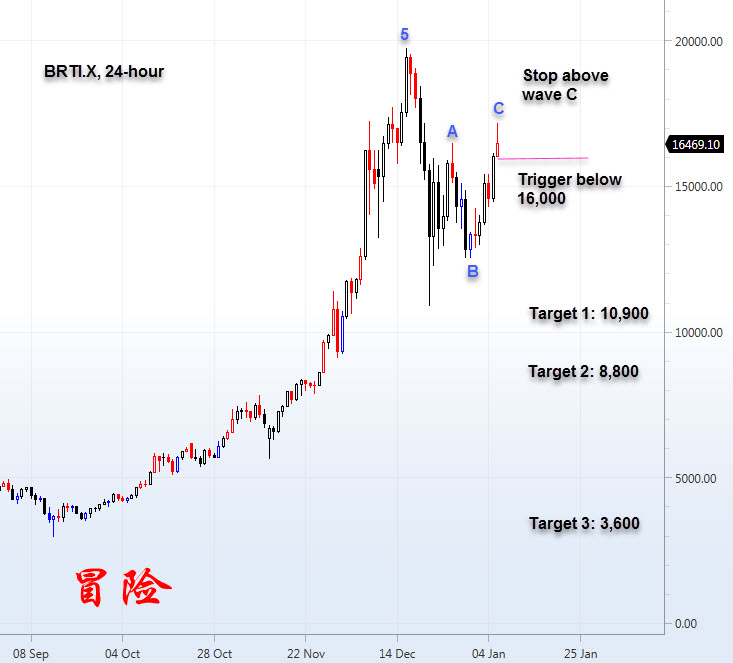Madaz shared some nice footage of his live trading in $DPW on December 13, 2017. I've cued the video to the point where he is trying to buy a dip, but his timing is off, and he ends up adding every ten cents (averaging down) to his position and then instantly scratches the trade at the first opportunity.
I've often suspected that this is how Madaz battles his way out when he finds himself on the wrong side of the market, but this is the first live footage I've seen that proves it. You don't have to watch the whole video, just those three or so minutes.
Here are the details on the initial entry, adds, and sale (times approximate):
9:33:22 Buys 5000 shares @ $5.80 ($29,000 total)
9:33:39 Buys 5000 shares @ $5.77 ($5.785 average) ($57,850 total)
9:33:51 Buys 5000 shares @ $5.70 ($5.755263 average) ($86,329 total)
9:33:58 Buys 5000 shares @ $5.60 ($5.716448 average) ($114,329 total)
9:34:07 Buys 5000 shares @ $5.50 ($5.673158 average) ($141,829 total)
9:34:55 Buys 5000 shares @ $5.50 ($5.644298 average) ($169,328 total)
(States $5.50 as his uncle point, will cut loss below there, total loss would be around $5,000 if he were able to sell 30,000 @ $5.49)
9:37:00 Sells 30,000 at $5.70 (scratches the trade with ~$1800 gain)
Obviously you need nerves of steel to attempt this kind of trading. Also the reflexes required to enter orders at this speed are impressive. In the end he's risking around $5,000 on this one trade, which is a number you should keep in mind when reviewing his total daily P&L which he faithfully posts on Twitter. He's generous to share these live trading videos and should be followed closely.



